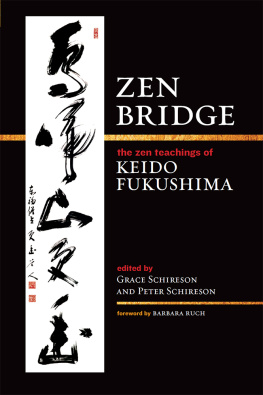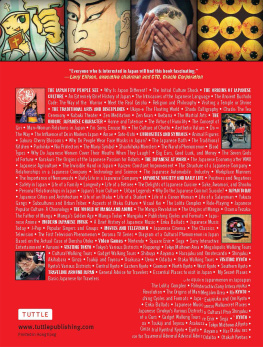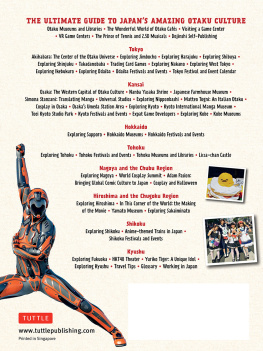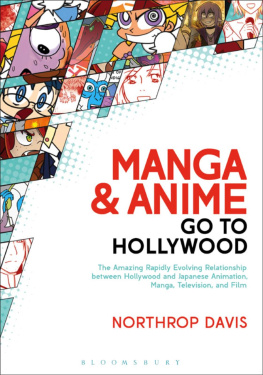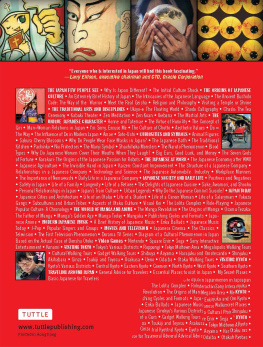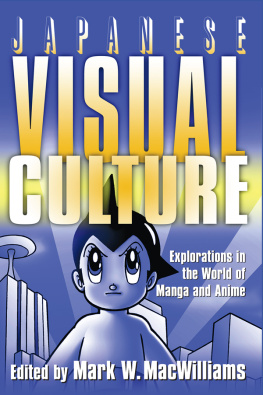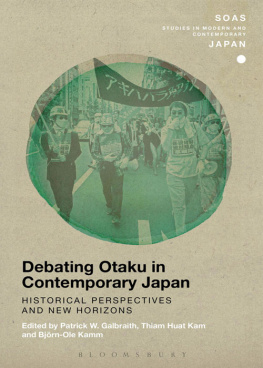MANGA DISCOURSE IN JAPANESE THEATER
During the Japanese bubble economy of the 1980s, the youth of Japan began to exert unprecedented influence on Japanese culture through their spirited patronage of certain art forms previously deemed subcultural or avant-garde. Among these were manga (Japanese comics or animation) and shogekijo (Japanese little theater). These art forms, while very unlike in the manner in which they were produced and disseminated, can be shown to exhibit a common language -- manga discourse. The discourse presents a ludic, image-oriented, and seemingly infantile but simultaneously transhistorical language. The range and meaning of these discursive forms as they are related to changes in the forms of shogekijo in Japan between the 1960s and the 1980s are explored here, using the work of Noda Hideki and his troupe Yume no Yuminsha as an example.
Founded in the early seventies in the dark recesses of the University of Tokyo, Nodas troupe blossomed into a major component of the theater boom of the bright leisure-oriented eighties. The question which Nodas theater raises for those who seek to define Japans modernization in the arts is how something defined as instinctively little could become so big? In line with its predecessors in the avant-garde movements of the 1960s and seventies, the 1980s shogekijo borrowed from the popular theater of the pre-modern period, in reaction to the western- and script-oriented shingeki, and from modern comedy in early twentieth century Japan. But unlike its avant-garde predecessors, it eschewed direct political confrontation with the power holders and consciously sought to expand its audiences through capitalistic means. Japanese youth born in the postwar generation could be led to appreciate the anti-shingeki message of shogekijo, Noda skillfully predicted, only if it could be put in the playful and fantastic language of manga discourse. In some ways, this counterintuitive movement to youth subculture fulfilled shogekijos mission to return theater to its Japanese roots and thereby complete the process of a truly Japanese modernization in the arts.

Japanese Studies
Beyond Common Sense: Wim Lunsing
Beyond Computopia: Tessa Morris-Suzuki
Changing Japanese Suburbia: Eyal Ben-Ari
Constructs for Understanding Japan: Yoshio Sugimoto and Ross E. Mouer
Consumption and Material Culture in Contemporary Japan: Michael Ashkenazi and John Clammer
A Cultural History of Post-war Japan: Shunsuke Tsurumi
Difference and Modernity: Social Theory in Contemporary Japanese Society: John Clammer
Diversity in Japanese Culture and Language: John C. Maher and Gaynor Macdonald
Enterprise Unionism in Japan: Hirosuke Kawanishi
Foreign Workers and Law Enforcement in Japan: Wolfgang Herbert
Group Psychology of the Japanese in Wartime: Toshio Iritani
Hibakusha Cinema: Hiroshima, Nagasaki and the
Nuclear Image in Japanese Film: Mick Broderick
The Human Face of Industrial Conflict in Post-war Japan: Hirosuke Kawanishi
Images of Japanese Society: Ross E. Mouer and Yoshio Sugimoto
An Intellectual History of Wartime Japan: Shunsuke Tsurumi
Japanese Childcare: An Interpretive Study of Culture and Organization: Eyal Ben-Ari
Japanese Encounters with Postmodernity: Johann P. Arnason and Yoshio Sugimoto
Japanese Models of Conflict Resolution: S.N. Eisenstadt and Eyal Ben-Ari
Kanji Politics: Nanette Gottlieb
Lives of Young Koreans in Japan: Yasunori Fukuoka
Migrant Workers in Japan: Hiroshi Komai
Negotiating Identity in Contemporary Japan: Ching Lin Pang
The Origin of Ethnography in Japan: Minoru Kawada
The Rise of the Japanese Corporate System: Koji Marsumoto
Science, Technology and Society in Post-war Japan: Shigeru Nakayama
Social Psychology of Modern Japan: Munesuke Mita
Social Stratification in Contemporary Japan: Kenji Kosaka
Social Theory and Japanese Experience: Johann P. Arnason
Sociology and Society of Japan: Nozomu Kawamura
Manga Discourse in Japanese Theater Yoshiko Fukushima
First published in 2003 by
Kegan Paul International
This edition first published in 2010 by
Routledge
2 Park Square, Milton Park, Abingdon, Oxon, OX14 4RN
Simultaneously published in the USA and Canada
by Routledge
270 Madison Avenue, New York, NY 10016
Routledge is an imprint of the Taylor & Francis Group, an informa business
Yoshiko Fukushima, 2003
Transferred to Digital Printing 2010
All rights reserved. No part of this book may be reprinted or reproduced or utilised in any form or by any electronic, mechanical, or other means, now known or hereafter invented, including photocopying and recording, or in any information storage or retrieval system, without permission in writing from the publishers.
British Library Cataloguing in Publication Data
A catalogue record for this book is available from the British Library
ISBN 10: 0-7103-0937-6 (hbk)
ISBN 13: 978-0-7103-0937-2 (hbk)
Publishers Note
The publisher has gone to great lengths to ensure the quality of this reprint but points out that some imperfections in the original copies may be apparent. The publisher has made every effort to contact original copyright holders and would welcome correspondence from those they have been unable to trace.
Acknowledgements
This study began as a doctoral dissertation at Performance Studies, New York University, and I am most grateful to my academic advisor, Professor Richard Schechner, for his appropriate guidance, ceaseless support and continuous encouragement. What I learned from Richards innovative teachings his avant-garde spirit, creativity and knowledge always stimulated my critical thinking. I thank my dissertation committee members, Professors Barbara Browning, Carol Martin, Jos Muoz, and John Bell, who gave me insightful and provocative comments on the day of my defense. I specially thank Johns long list of inspiring questions. It helped me refresh my vision when I began the revision process. I also thank two professors, Diana Taylor and May Joseph, who originally agreed to read my dissertation.
This book could not have been completed without the assistance of many artists, producers, and theater scholars from Japan. First I thank Hideki Noda, who agreed to have interviews with me. I am grateful to Akiko Kitamura, producer of Nodas current production company NODA MAP. She arranged for me the interviews with Noda and other artists and willingly provided videotapes, materials, photographs of Nodas former group Yume no Yuminsha for this book. I also thank the former members of Yume no Yuminsha Yukimasa Takatsu, Hiroyuki Suzuki, Aya Enjoji, and Kenta Satoi who shared their knowledge with me during the interviews.
Among Japan specialists and theater scholars, I specially owe thanks to theater critic Hidenaga Otori, who introduced me to the insiders perspectives on the Japanese theatrical world. I would also thank theater critic Hiroshi Hasebe, whose gracious support and invaluable guidance truly helped me. I extend my appreciation to other theater scholars I met during my research, including Tadashi Uchino, Kojin Nishido, and Kazuko Matsuoka. Their comments and suggestions helped me to formulate my ideas. Additionally, I thank Professor H.D. Harootunian at NYU who willingly read my preliminary dissertation proposal.




